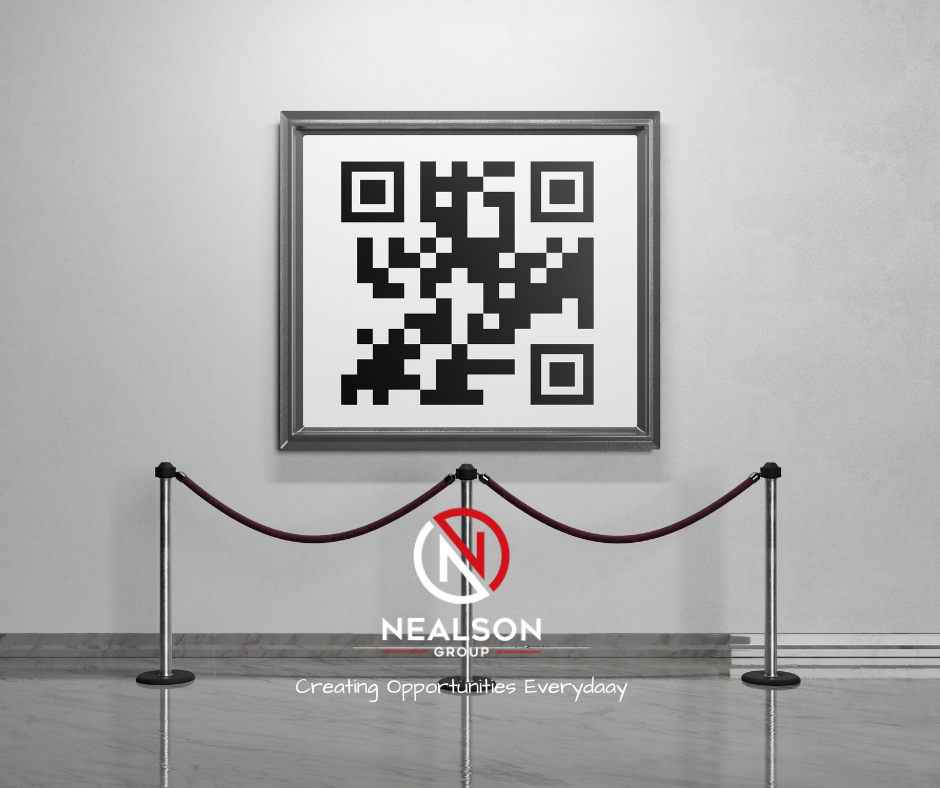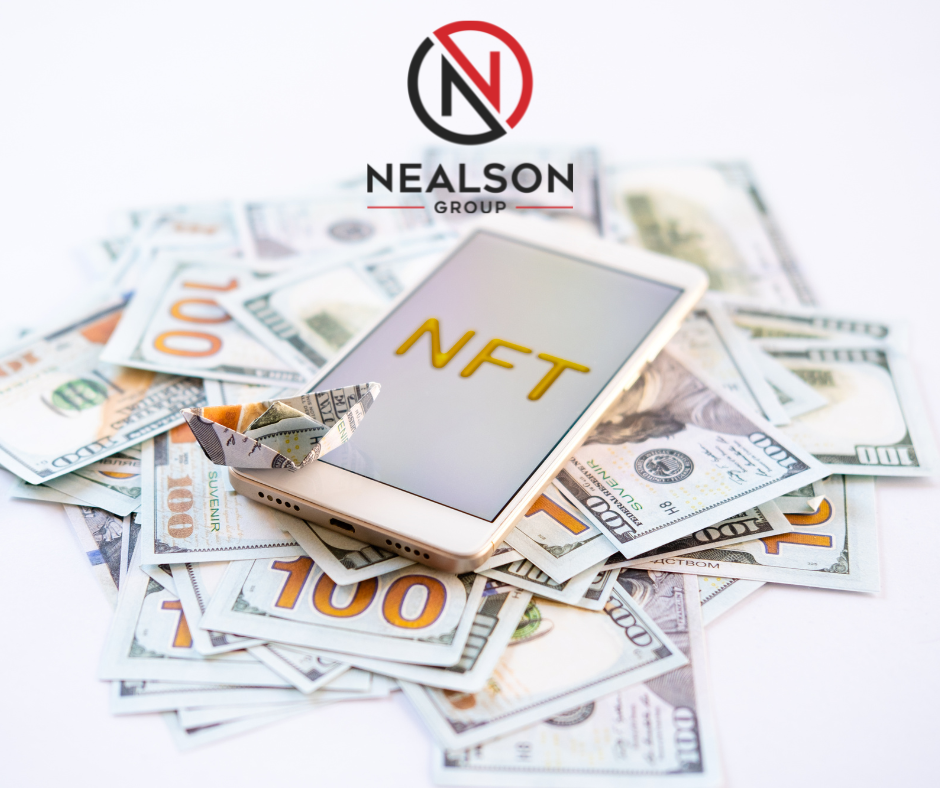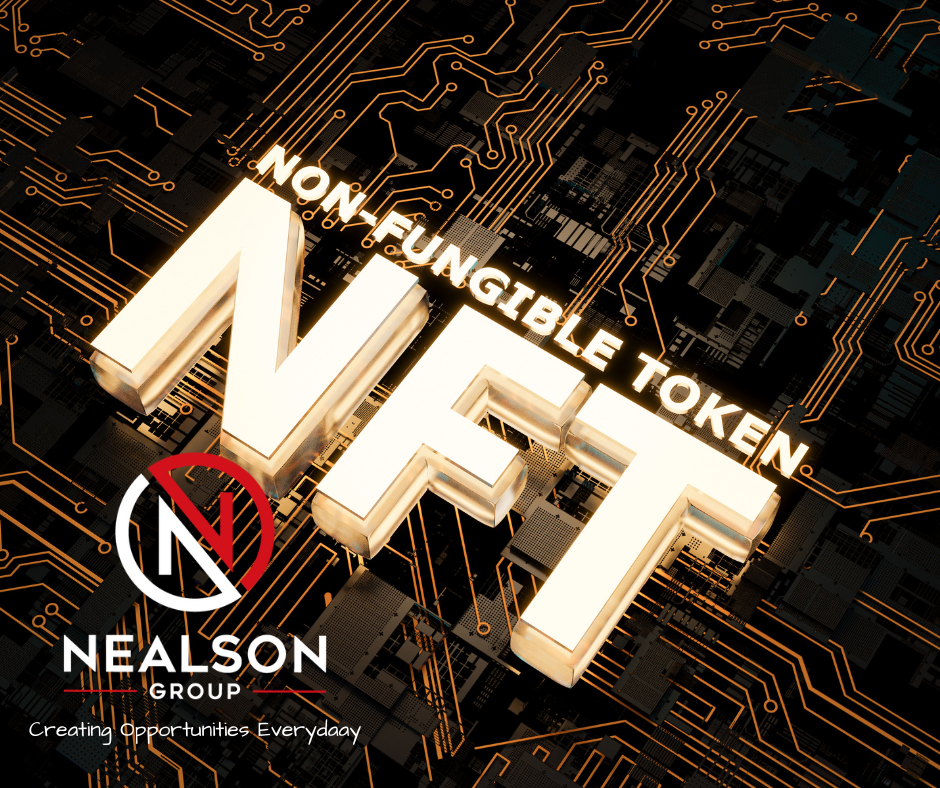NFTs, aka non-fungible tokens, are a relatively new genre of digital asset that is quickly gaining popularity. Unlike traditional cryptocurrencies, which are exchangeable and can be used to purchase goods and services, NFTs are unique and cannot be replaced by another token.
Many of the most popular NFTs are digital artworks, which can be purchased and sold like any other piece of art. However, NFTs can also represent ownership of just about anything, including in-game items, digital collectibles, and even real-world assets like properties and cars.

The Nealson Group understands that NFTs are popular primarily because they offer a new way to own and trade digital assets. This is a more attractive proposition for many people than traditional cryptocurrencies, which can be challenging to use and are often associated with criminal activity.
However, there are also some drawbacks to NFTs. One of the biggest concerns is that they are often used for scams. For example, some people have created fake NFTs and sold them to unsuspecting buyers. Others have used NFTs to raise money for fraudulent projects.
So, while NFTs do have some advantages, it’s essential to be aware of the risks before you invest.
How Can I Tell If a Project Is a Scam?
As the popularity of NFTs continues to grow, so do the opportunities for scammers. Here are 10 tips for identifying NFT scams:

• Look for red flags in the project’s documentation. If the documentation is vague or incomplete, that is a major red flag.
• Be wary of projects that promise guaranteed returns. We also tell our clients that there is no such thing as a guaranteed return in the world of NFTs (or cryptocurrency).
• Do your own research before investing. Do not rely on what others are saying – look into the project yourself and decide if it’s something you’re comfortable investing in.
• Be aware of fake hype. Just because a project is getting a lot of buzz doesn’t mean it’s a good investment. Take the time to research the project before making any decisions.
• Be cautious of projects that are built on unproven technology. If a project is built on unproven or untested technology, it is riskier and more likely to be a scam.
• Be skeptical of projects that have unrealistic projections. If the statistics do not make sense, or the project seems to be selling more tokens than it can realistically deliver, it’s likely a scam.

• Be wary of projects that are selling tokens pre-launch. If a project is selling tokens before launching, it is a major red flag.
• Avoid projects that are promoting celebrity endorsements. Just because a celebrity is endorsing a project doesn’t mean it’s legitimate. Many scammers will use celebrity endorsements as a way to lure investors.
• Don’t fall for fake social media accounts. Many projects will have an army of bots and acolytes, giving the illusion that it has more support or is more legitimate than it is.
• Look into the project’s founders to be sure they aren’t involved in past scandals or if they even actually exist in the first place. Many fraudulent schemes exploit victims by using fake identities.
Be aware of the risks associated with buying NFTs and do your research before investing. Some NFTs may be predatory, so it’s essential to be vigilant when making a purchase.
The Nealson Group isn’t giving investing advise, but rather hoping you don’t get taken advantage of.
If you received any value from this article, please give us a like on Facebook.



